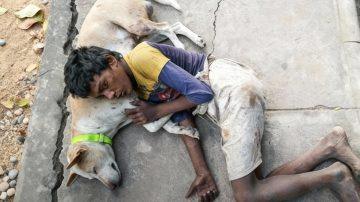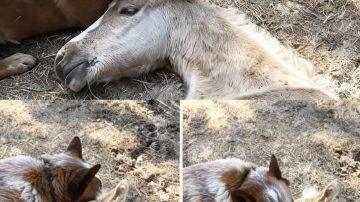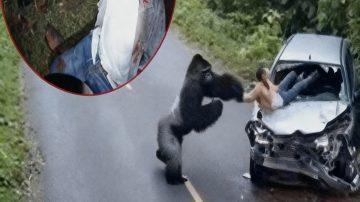The night was a canvas of inky black, punctuated only by the relentless drumming of rain against the cobblestones. It was on such a night that a small, white cat, later named Puci, found herself in the most dire of circumstances. Her once pristine fur, a symbol of her gentle nature, was now matted and heavy with mud, each clump a testament to the cruelty she had endured. Her eyes, one a striking blue, the other a haunting red, reflected not only the dim streetlights but also a profound, bone-deep weariness. She was a creature adrift, cast out from the only home she had ever known, her tiny body trembling not just from the cold, but from the raw, fresh pain of betrayal. This wasn’t merely a stray cat; this was a living embodiment of silent suffering, a testament to the shadows that can lurk within human hearts. Her story, however, was far from over; it was merely a prelude to a series of events that would defy all expectations and challenge the very definition of fate.


Puci’s journey into the unknown began with a desperate scramble under a derelict bridge, seeking refuge from the unrelenting downpour. Just as she began to succumb to the cold, a faint, rhythmic clang echoed from the darkness. Fearful yet compelled by an instinct to survive, she peered through the gloom to see a figure, shrouded in a worn rain slicker, meticulously collecting discarded metal. This was not the typical rescuer; he was a reclusive scrap dealer, known more for his gruff demeanor than any act of kindness.

Instead of shooing her away, the old man paused, his eyes, surprisingly gentle, meeting Puci’s. He offered a small piece of dried fish—a meager offering, yet a lifeline in her desperate state. Puci, wary but starving, devoured it. This unexpected gesture, from a man society had largely forgotten, was the first twist in her tale, hinting at a compassion hidden beneath layers of solitude.







